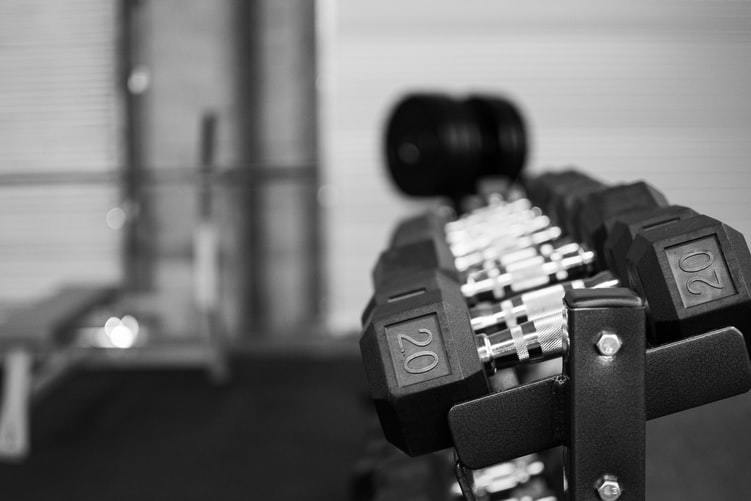
Daily exercise is essential for everyone, particularly as we begin to get older. No matter if your career and family commitments put your usual fitness regimen on hold for several years, it’s never too late to start to take your fitness seriously again. Consider the following tips before starting.
Focus on the “Why”
Exercise may seem like a tough feat to start if you’ve been living sedentary for a while, and ageing can bring some mobility limitations; however, the benefits of starting a consistent workout plan greatly outweigh the challenges. Daily exercise can help fight serious problems such as heart conditions, high blood pressure, diabetes, and even arthritis. As we age, our body will naturally start to lose some of its muscle mass, but fitness training will allow you to both maintain and rebuild it. Exercise has also been proven to improve your mood, enrich the sleep, and help to reduce stress.
Take Precautions
Always speak with your doctor to make sure you’re healthy enough to start exercising and that there will not be any limitations to what you can do. Once you get the “go ahead,” from your doctor it may be best to start slow. Your body needs time to adjust to what you are asking it to do, so opt for low-intensity activities such as walking every other day. You can eventually work up to resistance-training that helps you to grow and strengthen your muscle. Try using resistance bands or going for a swim first and then if your body allows, moving up to use free weights. Low-impact activities are less stressful to the joints and will help ensure a productive workout while reducing the chance of injury.
Work on Your Balance
Working on improving your balance as well as your posture is more important now than ever before. According to the CDC, 2.5 million older adults are treated for injuries related to sustaining a fall every year. Try a Tai Chi or Qi Gong class. These are martial arts-inspired programs that focus on movements that improve your ability to balance as well as increase your strength. Tai Chi has been shown to help ease muscle pain and stiffness in your body, and it may even help you to sleep better. You can search Google or try to call a local fitness center to find a class in your area.
No matter what stage of life you find yourself in, fitness is an integral part of a healthy daily lifestyle. To learn more, check out this helpful infographic to see what the US Department of Health and Human Services recommends for Physical Activity.

Nick Curry, DC, CCSP, MS, ATC
Board Certified Chiropractic Sports Physician | Clinic Director
Contact Me

